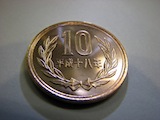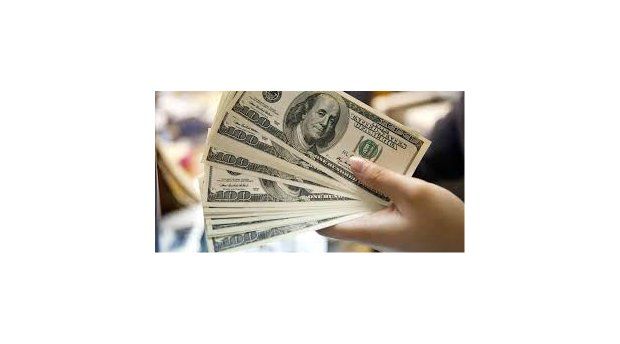As S&P Joins IMF Warning to Noda, Swaps Boost Yen Debt Demand
Post Views 0Currency-swap spreads are offering the biggest discount on the yen loans in at least 14 years, supporting the demand for Japan’s bonds even as Standard & Poor’s and the International Monetary Fund’s warn of its debt load.
The Bloomberg data shows that the interest rate on a two-year basis swap to exchange dollars for yen has fallen to 0.85, percentage point below the three-month London interbank offered rate for Japan’s currency, the lowest that it has been since June of 1997. Japan’s two-year debt, which has the second-lowest yield among developed markets, offers higher rates than equivalents in the U.S., Germany, and U.K. for the investors who use the swaps.
Yen funding has become relatively cheaper as the concern about the outlook for the euro union spurred a rush for dollars, driving the Libor in the U.S. currency to 0.51 percent, the most that it has been since July of 2010. Demand for the haven prompted the overseas investors to buy the Asian nation’s debt at the fastest pace in almost four years. Even so, mounting the fiscal strains prompted the IMF and the S&P this week to say that Japan’s borrowing costs may surge.
”The negative yen basis swaps allow dollar holders to get yen funding cheaply,” said Makoto Noji, who is a senior debt and currency strategist in Tokyo at SMBC Nikko Securities Inc., which is a unit of Japan’s second-biggest banking group by market value. ”Investors holding dollars can use the basis swaps to buy yen assets, such as two-year government bonds.”
Rising demand for the nation’s bonds has helped Japanese policy makers close the deficits without tackling the world’s biggest debt load. Prime Minister Yoshihiko Noda has not given a detailed timetable for a planned sales-tax increase and he’s failed to explain how he’ll curb swelling expenditure for social security.
As of 2:55 p.m. in Tokyo, who is the second lowest globally, the yields on 10-year bonds in Japan, where public borrowings are twice the size of the economy, gained three basis points to 1.025 percent. The 10-year rate was 0.87 percent in Switzerland, where the ration of the debt to gross domestic product is around 38 percent.
Japan’s 0.14 percent yields on two-year note rise to 0.79 percent after subtracting three-month yen Libor and negative basis swaps. Assuming that the interbank rate doesn’t increase before the notes are repaid, the rate is higher than 0.26 percent in the U.S., 0.44 percent in Germany, and 0.47 percent in the U.K.
Through October, overseas investors increased holdings of yen-denominated debt by 17 trillion yen ($220 billion) this year. According to data from the Ministry of Finance, the net purchases are poised for the biggest annual increase since 2007. The pace of purchases is almost the same of Singapore’s annual economic output.
As S&P Joins IMF Warning to Noda, Swaps Boost Yen Debt Demand by Harrison Barnes



 US Dollar Gaining Momentum
US Dollar Gaining Momentum  Top Five Reasons Talented Employees Quit
Top Five Reasons Talented Employees Quit  Best and Worst States for Teachers to Teach
Best and Worst States for Teachers to Teach  Atlanta’s Top Telecom, Cell Phone, and Electronics Manufacturers
Atlanta’s Top Telecom, Cell Phone, and Electronics Manufacturers  Amazon May Have a Better Grasp on Workplace Culture
Amazon May Have a Better Grasp on Workplace Culture  Top Canadian Companies You Want to Work For
Top Canadian Companies You Want to Work For  November Posts Another Strong Job Report
November Posts Another Strong Job Report  Expected Changes in 2016 to the Workplace
Expected Changes in 2016 to the Workplace